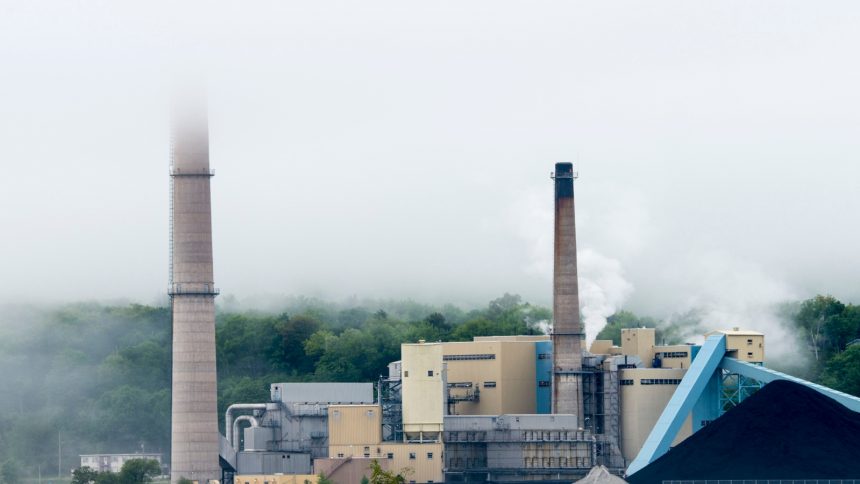This coverage is brought to you in partnership with Grist and Interlochen Public Radio in Northern Michigan. Amidst sweeping legislation, Michigan is set to achieve 100% clean electricity by 2040, implementing ambitious renewable energy targets. The Michigan Public Service Commission must now focus on the Upper Peninsula, a vast and sparsely populated region with unique energy needs. The commission has until December 1 to recommend adjustments to the legislation to better serve the U.P.’s residents, businesses, and utilities.
The U.P. faces challenges due to its high number of utilities and historical reliance on power-intensive industries, resulting in some of the highest utility rates in the country. The introduction of natural gas plants in 2017 as a cleaner alternative to coal poses a dilemma for the commission in meeting the state’s clean energy objectives. The commission seeks to balance the need for reliable energy with the U.P.’s transition to cleaner power sources.
Various stakeholders, including mining officials and environmental groups, have differing opinions on the operation of the natural gas engines. The commission is exploring options to reduce emissions and meet the state’s clean energy goals. The transition to cleaner energy sources in the U.P. is crucial for achieving Michigan’s ambitious energy targets.
Energy experts recommend a more localized approach to energy generation in the U.P., focusing on distributed energy sources and energy storage. By rethinking the region’s grid infrastructure, Michigan can pave the way for a cleaner and more sustainable energy future. The state’s leadership in implementing all-clean energy standards sets a positive example for other states to follow.






